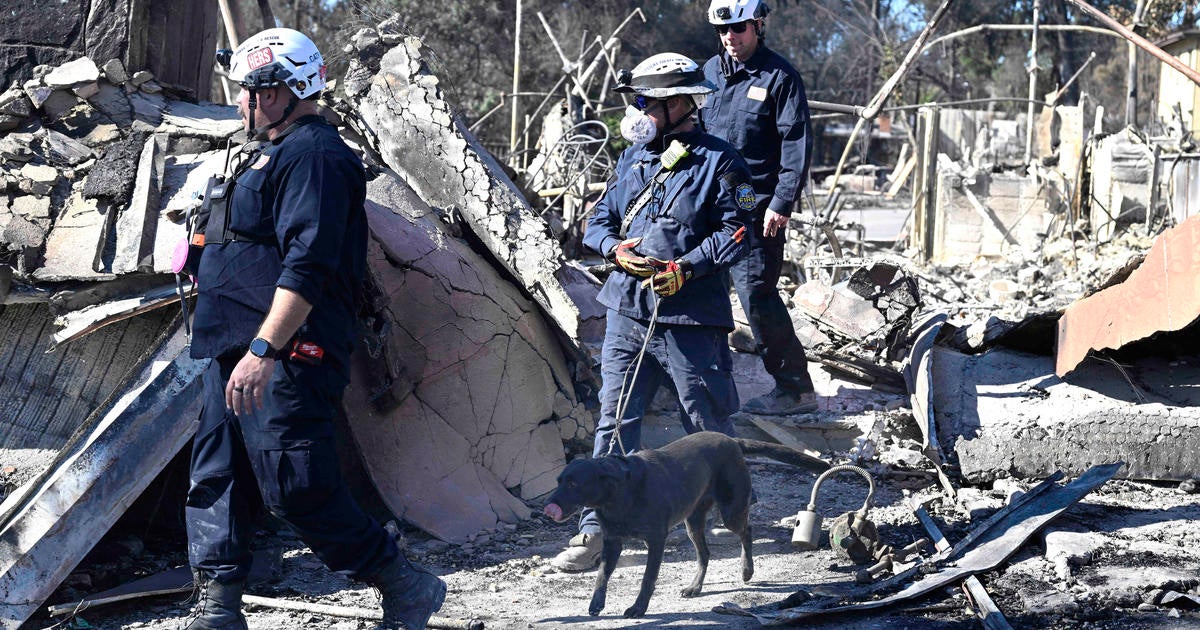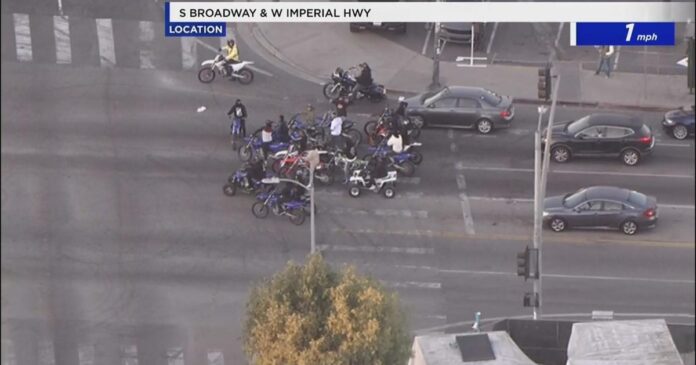As the scorching flames of the L.A. wildfires rage on, consuming acres of land and leaving a trail of destruction in their wake, the legal system is forced to adapt to the unprecedented crisis. In the midst of this chaos, a significant development has emerged in one of California’s most notorious cases: the resentencing hearing of the Menendez brothers. For decades, Eric and Lyle Menendez have been serving life sentences for the brutal murder of their parents in 1989. But with the ongoing wildfires causing a disruption in the court’s operations, the DA has announced a staggering delay – pushing the resentencing hearing until the spring. As the Golden State struggles to contain the devastating blaze, the Menendez brothers’ fate hangs in the balance. What does this unexpected delay mean for the brothers and the families involved? In this exclusive report, we dive into the complexities of the case and explore the unforeseen consequences of the L.A. wildfires on the legal system.
LA Wildfires Force Delay in Menendez Brothers’ Resentencing Hearing

A recent meeting between the Menendez brothers and Los Angeles County District Attorney Nathan Hochman has pushed the resentencing hearing to spring, citing the ongoing wildfires in the region. The hearing was initially set for December 11 but has been rescheduled for January 30 and 31.
The Menendez brothers, Erik and Lyle, were convicted of first-degree murder for the 1989 killings of their parents, Jose and Kitty Menendez. They were sentenced to life in prison without the possibility of parole. The brothers’ family has long maintained that they acted in self-defense, citing years of physical and sexual abuse at the hands of their parents.
In a statement, the Justice for Erik and Lyle Menendez Coalition said they would be showing their support for the resentencing process, which would reflect “Erik and Lyle’s abuse, trauma, and demonstrated rehabilitation over the last 35 years.”
New DA’s Position and Timeline
DA Hochman met with family members of the Menendez brothers, including over 20 relatives of Jose and Kitty Menendez, for a productive hours-long discussion. The DA has not yet made a decision on recommending resentencing, but has stated that he will need time to review the case and reach his own decision.
The next resentencing court dates are set for January 30 and 31. Hochman said he and prosecutors in his office are still working to review thousands of pages of confidential prison records and thousands of pages of transcripts detailing the two months-long trials in the case.
Implications and Analysis
The fairness and justice of the Menendez brothers’ sentence have been a topic of debate for years. The brothers’ family has long maintained that their actions were motivated by self-defense, and that their rehabilitation efforts should be taken into account in any resentencing decision.
The impact of the case on the victims’ families is also a factor to be considered. The families of Jose and Kitty Menendez have been vocal in their opposition to the brothers’ release, citing the devastating effects of their parents’ murders on their lives.
Practical considerations also come into play. If the Menendez brothers are resentenced to life in prison without the possibility of parole, it would be a significant setback for their family and supporters. On the other hand, if they are resentenced to a lesser sentence, it could have significant implications for the criminal justice system as a whole.
Hochman’s decision-making process will be closely watched, as he considers the brothers’ behavior behind bars and their rehabilitation efforts. The DA has stated that he will take the time necessary to get the decision right, and that the case is too important to delay more than necessary.
Conclusion
As the devastating L.A. wildfires continue to rage on, the rescheduling of the Menendez brothers’ resentencing hearing has become a pressing issue. According to the DA, the disaster has pushed the hearing to spring, leaving many wondering what this means for the brothers’ fate. In our article, we delved into the key points and main arguments surrounding the case, exploring the historical context of the brothers’ conviction and the potential implications of a resentencing.
The significance of this development cannot be overstated. The Menendez brothers’ case has been a long-standing and highly publicized one, with many still grappling with the moral and ethical implications of their actions. As the wildfires continue to ravage Los Angeles, the postponement of the hearing serves as a stark reminder of the chaos and destruction that can unfold in the face of disaster. Moreover, this development highlights the resilience and adaptability required in the face of adversity, as authorities and individuals alike navigate the complexities of this unprecedented crisis.

